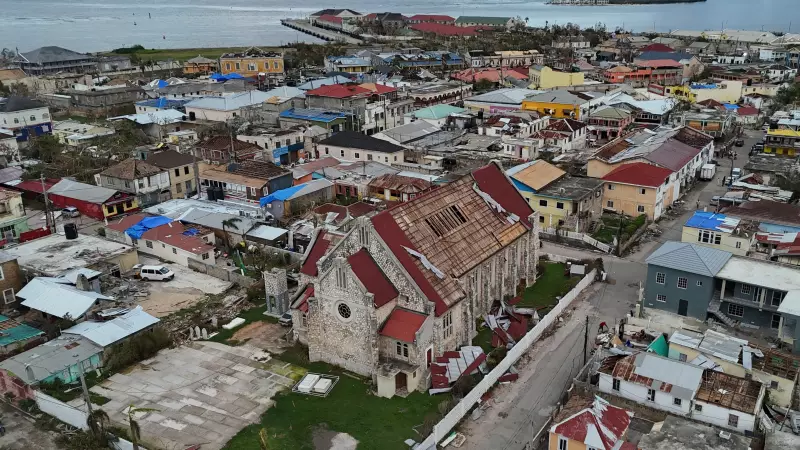
In a powerful display of cross-border compassion, Nova Scotia's farming community is mobilizing to support Jamaican migrant workers whose families back home have been severely impacted by Hurricane Melissa. The devastating storm has left many workers anxiously worrying about loved ones while they continue their vital agricultural work in Canada.
The fundraising initiative, organized by local farmers who employ these essential seasonal workers, aims to provide immediate financial assistance to families dealing with destroyed homes, damaged infrastructure, and lost livelihoods in Jamaica. Many workers have reported receiving distressing news about their families' situations while being thousands of miles away, unable to offer direct support.
Solidarity in the Fields
Farmers across the province have expressed deep concern for their employees' wellbeing, recognizing the tremendous stress these workers face when family emergencies strike during their Canadian work contracts. The agricultural sector in Nova Scotia has long depended on seasonal workers from Jamaica, creating bonds that extend beyond employer-employee relationships.
"These workers are like family to us," explained one Annapolis Valley farmer involved in the campaign. "When they hurt, we hurt. We've worked alongside them for years, and we couldn't stand by while their families suffer back home."
Community Response and Support
The fundraising effort has gained momentum throughout rural Nova Scotia, with agricultural businesses, local residents, and community organizations contributing to the cause. Organizers are coordinating with Jamaican authorities and community leaders to ensure funds reach the most affected families directly.
Many workers have expressed profound gratitude for the support, noting that the financial assistance will help their families rebuild homes and replace essential items lost in the storm. The initiative demonstrates how international labor partnerships can evolve into genuine community connections that withstand even natural disasters.
As hurricane seasons become increasingly unpredictable and severe due to climate change, such cross-border support systems may become increasingly important for migrant workers who bridge communities across international boundaries while maintaining deep family ties in their home countries.





